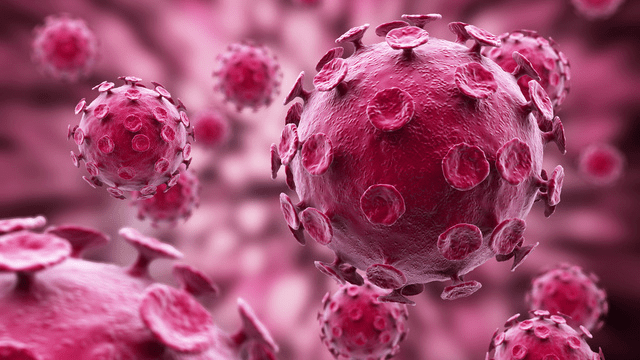Scientists have been conscientiously studying HIV for decades, but now a new study suggests that the virus can infect and kill immune cells in a way that scientists have so far overlooked.
New Scientist reports that new research shows the virus is able kill cells by being pumped from one currently infected cell directly into another. All that’s required, according to researchers from the Gladstone Institute of the University of California, San Francisco, is a brief physical connection between the two cells.
The method of transmission is unlike the classic model used to describe the movement of HIV in the body. According to existing thinking, the HIV virus hijacks immune cells known as CD4 T cells, copying itself using the cell’s internal mechanisms before spreading itself through the blood to hijack more T cells.
Experiments at the Gladstone Institute, however, show that many of the virus particles never actually enter the bloodstream: instead, they’re pumped directly from one T cell to another through what are known as immunologic synapses. What’s more, the findings suggest that it’s this kind of transmission that causes the majority of T cell death, and not infection by single HIV particles floating in the blood.
To what degree? Warner Greene, the lead researcher on the study, tells New Scientist that 95 per cent of the CD4 T cells he studied died by HIV pumping between cells rather than infection from blood-borne particles. In fact, he claims that the process is likely hundreds — or even thousands — times more efficient than the classic model of transmission. The results are published in Cell Reports.
The discovery could help shape new treatments for the disease. By better understanding the mode of transmission, it may be possible to help slow the effects of cell-to-cell pumping of HIV, which otherwise leaves T-cells overwhelmed and unable to cope.
It remains to be seen whether the newly discovered mode of transmission explains why existing HIV treatments don’t work reliably. But we can be certain of one thing: better understanding of how the virus spreads can only be a positive result in the fight against the disease.
[Cell Reports via New Scientist]
